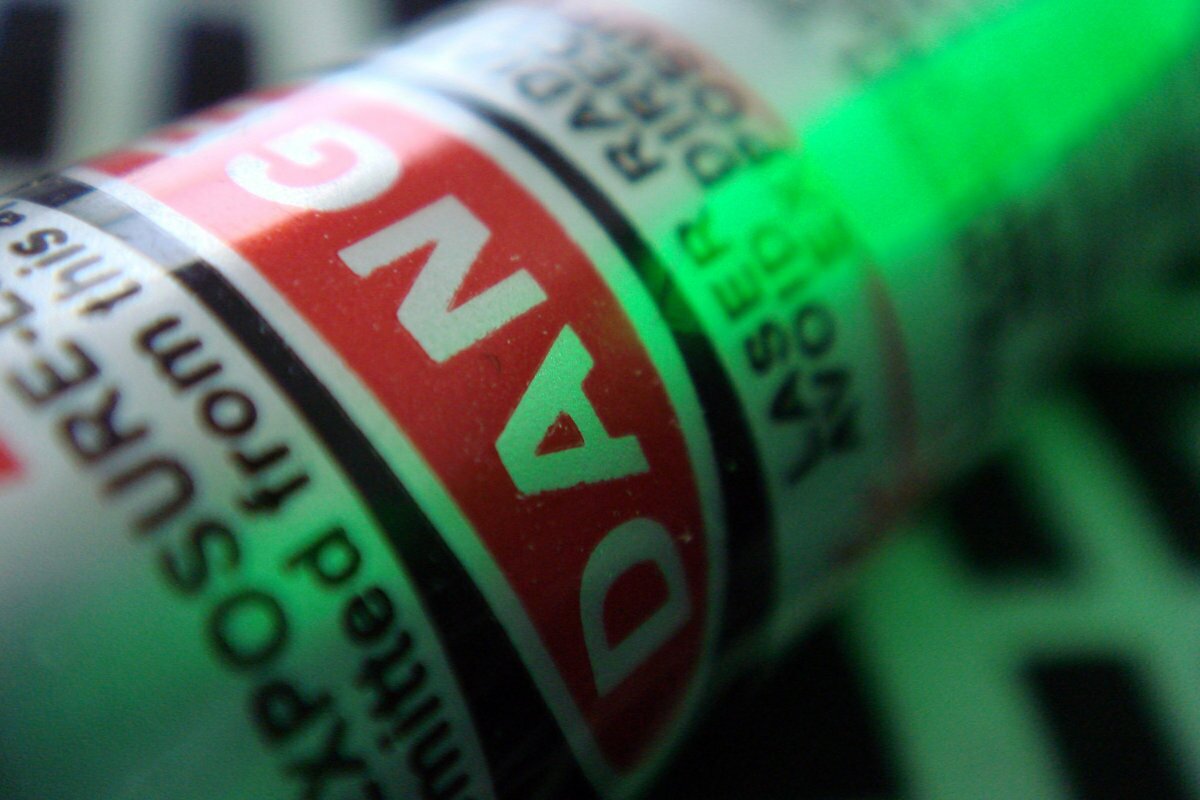Luka Mustafa - New Alumni
by Chris McGivern & SF Team, 26 February 2018

https://flickr.com/photos/chrisdlugosz/3592955107/
On March 1st Luka Mustafa’s three-year fellowship came to an end. After joining the Shuttleworth Fellowship programme in March 2015, he now graduates to alumnus status.
Luka’s idea was Koruza, a 3D-printed, low-cost wireless optical network built to provide last-100m Internet connectivity to individuals and communities in high-density urban areas. As he takes the next steps in his professional career, he can look back on an extraordinary fellowship and a range of exceptional achievements.
His work on Koruza has produced a viable, fast and low-cost alternative to fibre, helping people, businesses and communities get around local network bottlenecks. It is also a culmination of our work in funding telecoms projects, which started a decade ago with Steve Song’s Village Telco project. Koruza is, perhaps, considerably ahead of its time. We do not doubt that time will come.
The real fruits of Luka’s fellowship lie with his skill in using engineering to solve problems, which has increased the scope of his work significantly. His broad-based open hardware design process can be applied to a dizzying array of environments, which he and others can use, build on and evolve how they see fit.
Many - but by no means, all - of these beneficiaries are Shuttleworth fellows. Take the air quality sensor device Luka helped create for Sean Bonner’s Safecast, for example. By adapting its motherboard technology, Luka and his team helped Alasdair Davies create low-cost turtle tags, which are now the starting point for a range of other conservation tracking technologies and arboreal monitoring cameras. This is smart, open methodology at work, speeding up development and reducing costs, and justifying the Foundation’s focus on the individual rather the project. Koruza stands alone as an impressive achievement but had we only invested in that, we would have missed out on so much more innovative, exploratory work.
With Luka, we have been able to dig deep into what it takes to do open hardware from a practical perspective. His focus on taking things back to first principles has, for example, highlighted the need for greater specificity around documentation for open hardware. And his receptiveness to learning, particularly around organisational issues, has been exemplary: Institute IRNAS - the company he created - has quickly become a highly successful innovation lab. It has been incredibly impressive watching him build and nurture his team, despite no previous experience.
From the Foundation’s perspective, Luka’s fellowship has been nothing short of trailblazing. He has played a huge role in enabling us to explore open hardware with deeper insight and more evolved thinking, systematically breaking down the barriers that prevented us from seeing what was possible. This is a cornerstone from which new challenges can be met by fellows and the wider world, both today and tomorrow. Thank you, Luka - and welcome to the Shuttleworth Alumni!